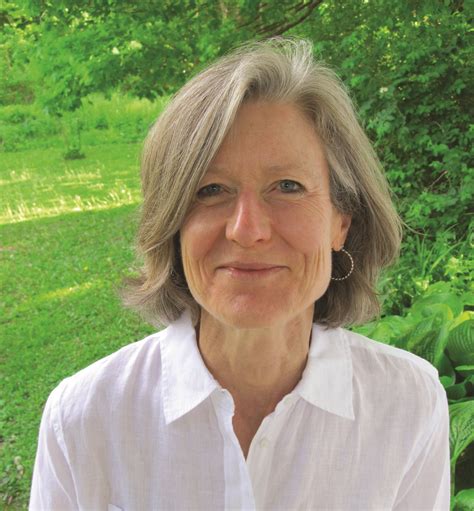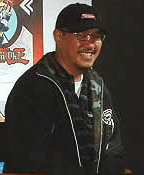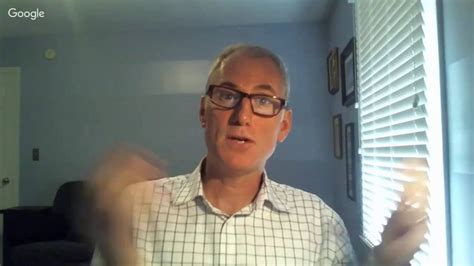A Quote by Hayao Miyazaki
Its not a story in which the characters grow up, but a story in which they draw on something already inside them, brought out by the particular circumstances. I want my young friends to live like that, and I think they, too, have such a wish.
Related Quotes
He thought about the story his daughter was living and the role she was playing inside that story. He realized he hadn't provided a better role for his daughter. He hadn't mapped out a story for his family. And so his daughter had chosen another story, a story in which she was wanted, even if she was only being used. In the absence of a family story, she'd chosen a story in which there was risk and adventure, rebellion and independence.
What's your story? It's all in the telling. Stories are compasses and architecture; we navigate by them, and to be without a story is to be lost in the vastness of world that spreads in all directions like arctic tundra or sea ice. To love someone is to put yourself in their place, we say, which is to put yourself in their story, or figure out how to tell yourself their story. Which means that a place is a story, and stories are geography, and empathy is first of all an act of imagination, a storyteller's art, and then a way of traveling from here to there.
Sometimes, when actors reach out to their characters, they're nowhere in sight. They need to find something inside of them. And then the characters are right there. As a director, I want them to find the character that's already inside them, instead of trying to manufacture or manipulate or make something up. That's not really honest or true.
It thought about the magic that happens when you tell a story right, and everybody who hears it not only loves the story, but they love you a little bit, too, for telling it so well. Like I love Ms. Washington, in spite of myself, the first time I heard her. When you hear somebody read a story well, you can't help but think there's some good inside them, even if you don't know them.
Changers are characters who alter in significant ways as a result of the events of your story. They learn something or grow into better or worse people, but by the end of the story they are not the same personalities they were in the beginning. Their change, in its various stages, is called the story's emotional arc.
When you’re telling a story, you’re trying to connect to people in a particular way … The way in which you guys have inhabited this world, this universe, has made you part of it, part of the story. You are living in Firefly. When I see you guys, I don’t think the show is off the air. I don’t think there’s a show; I think that’s what the world is like. … The story is our lives.






































